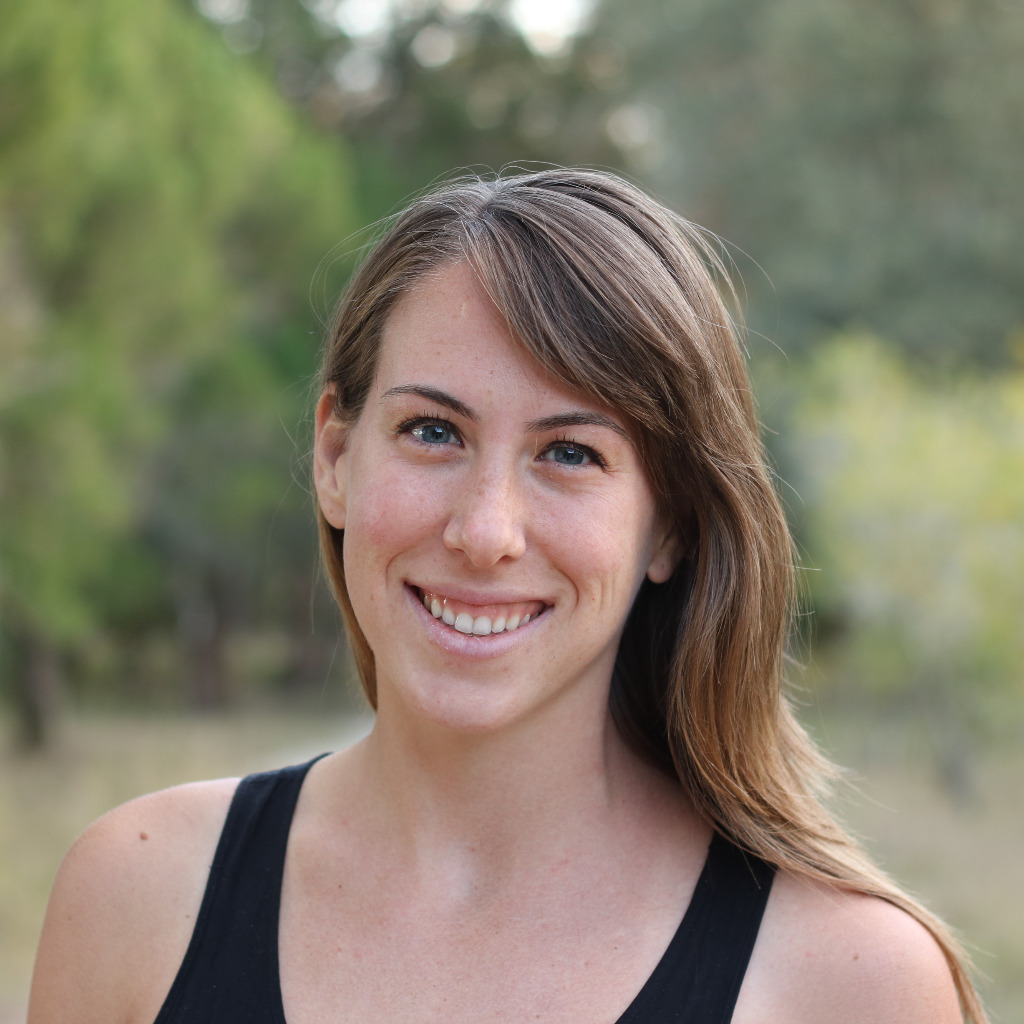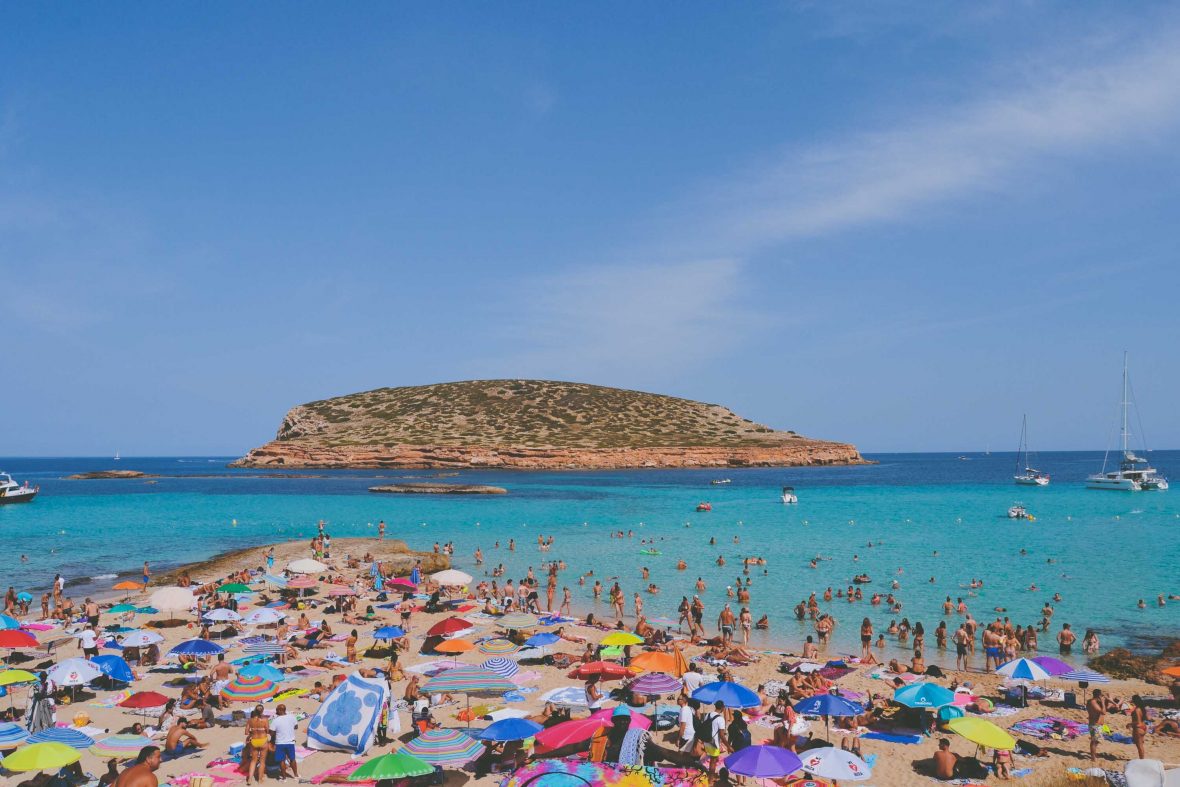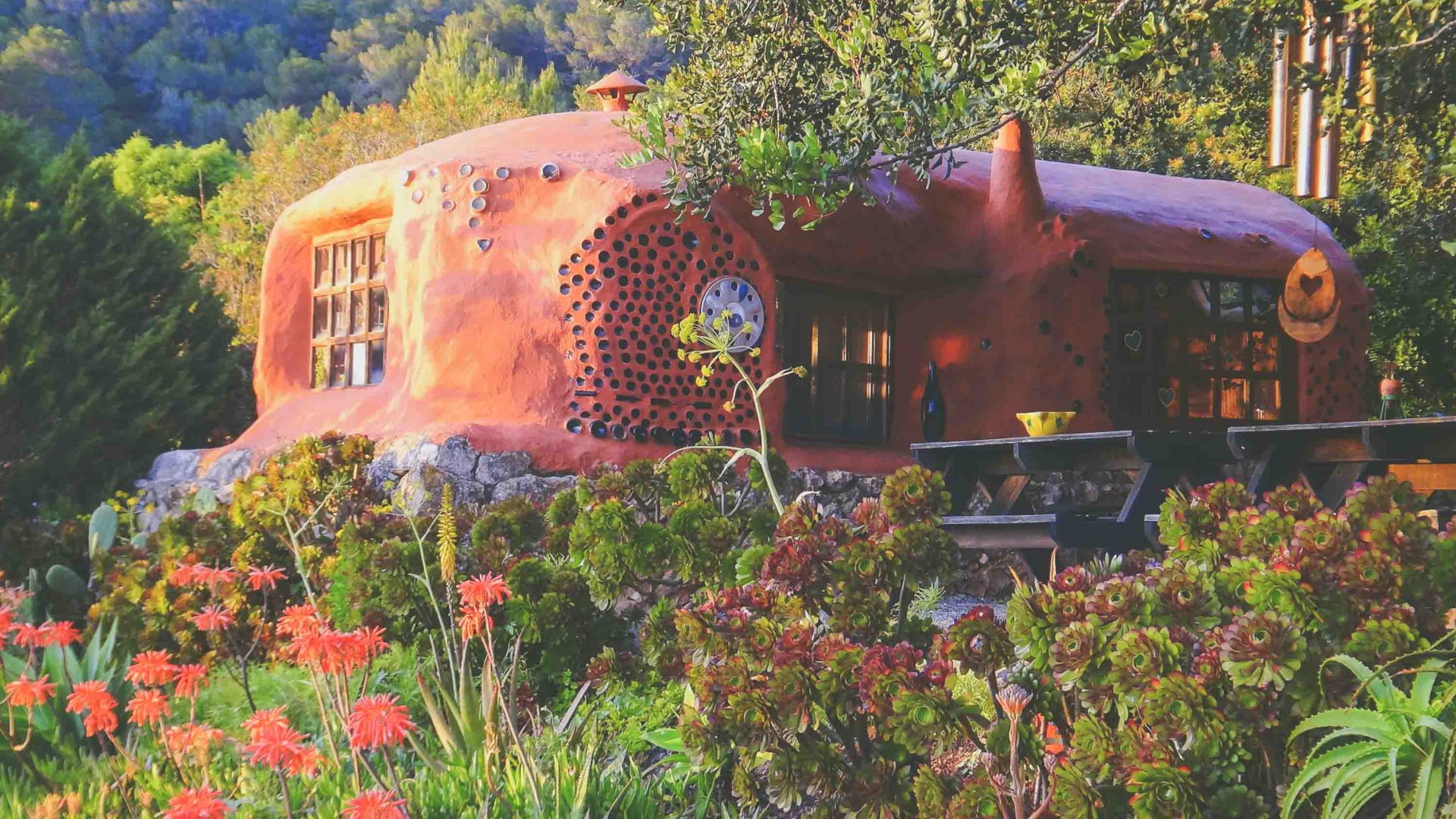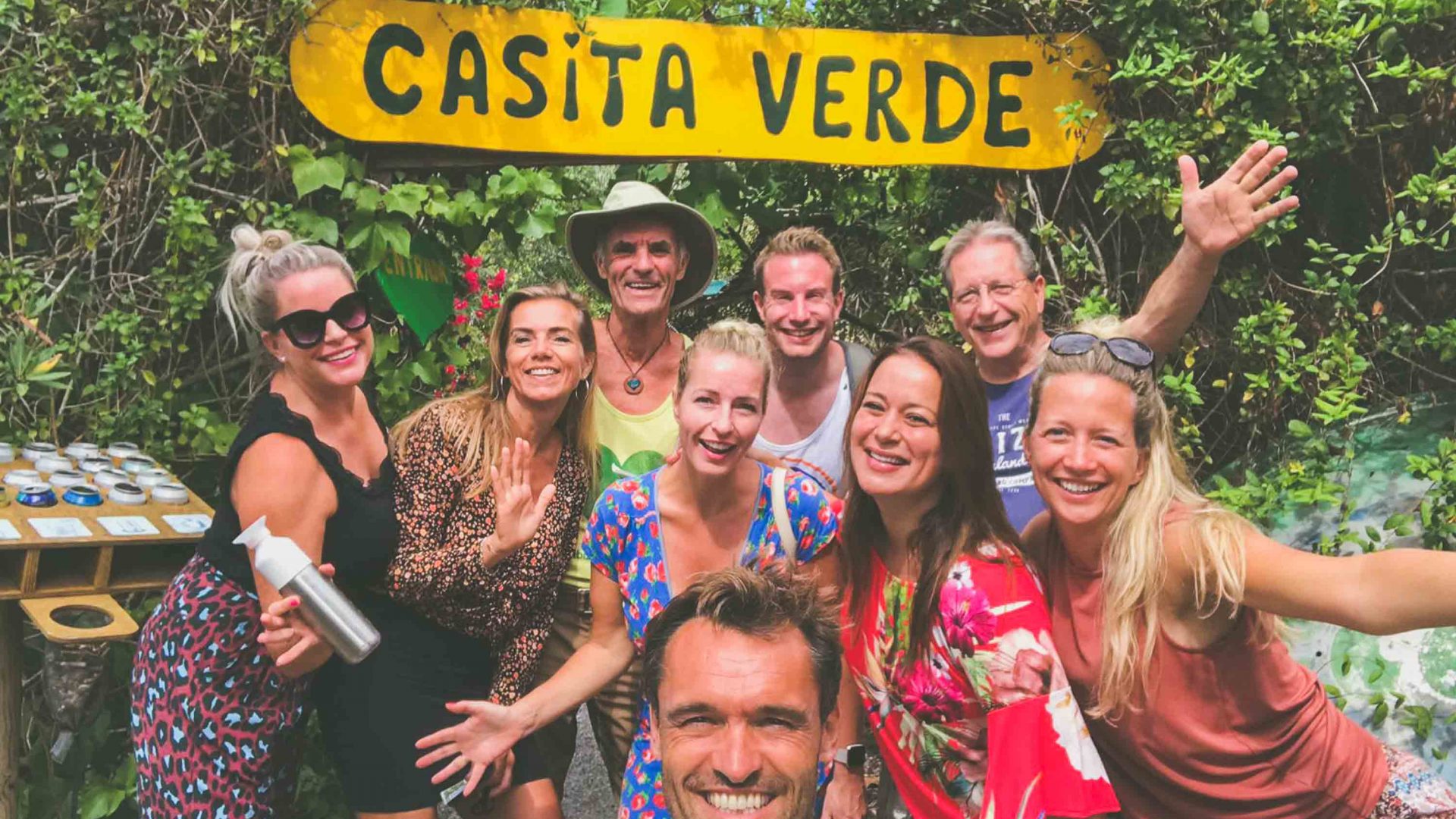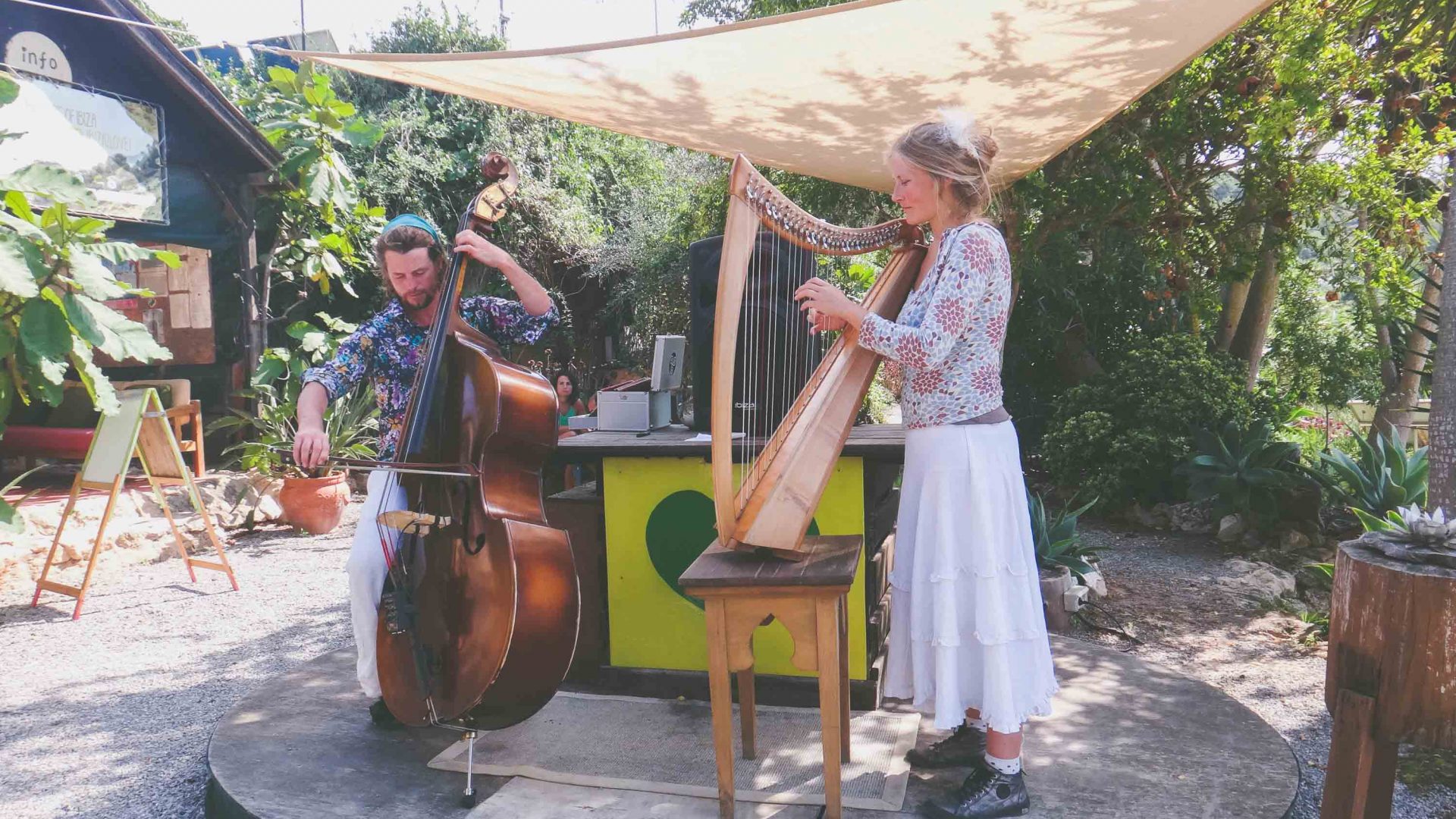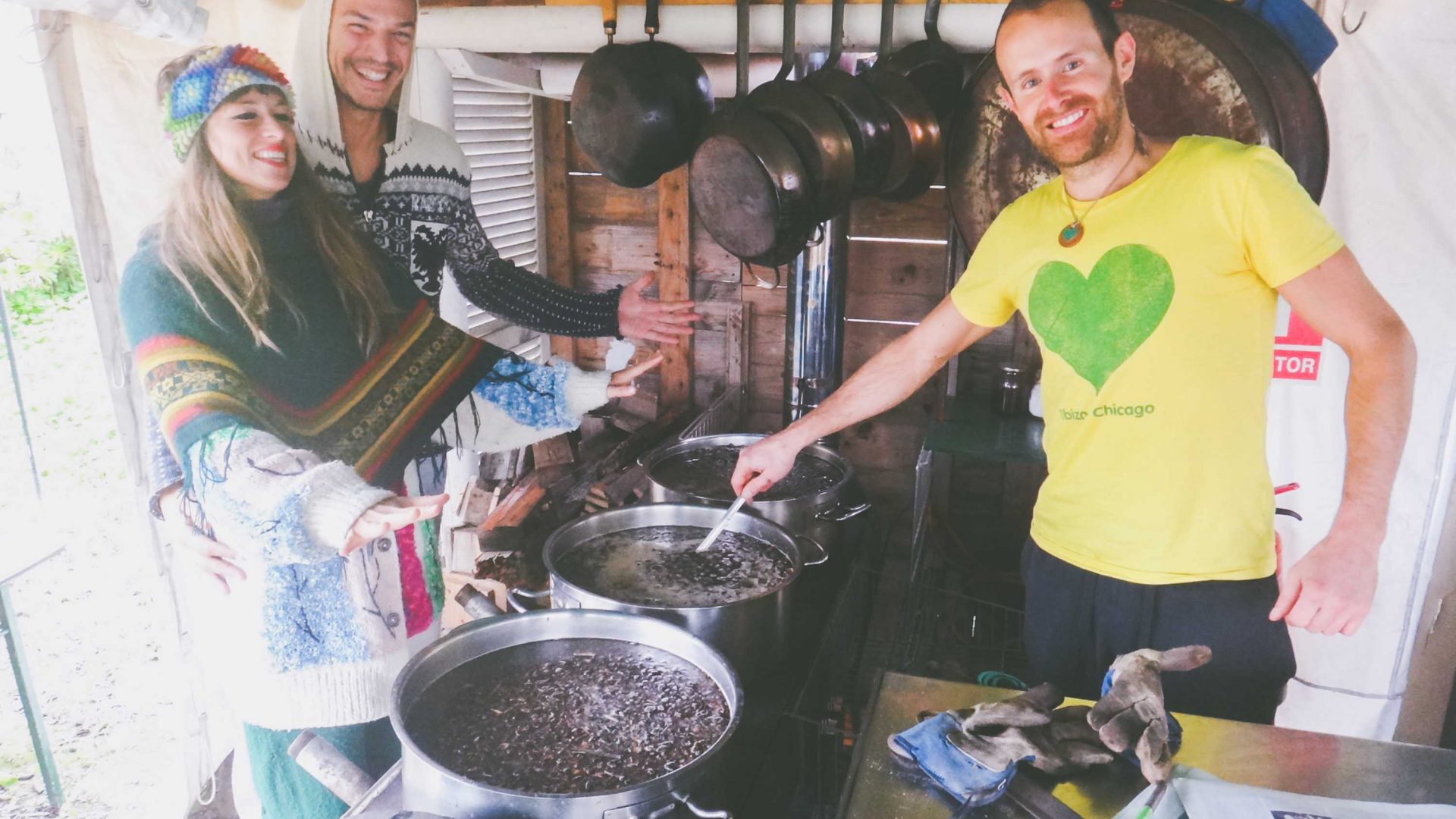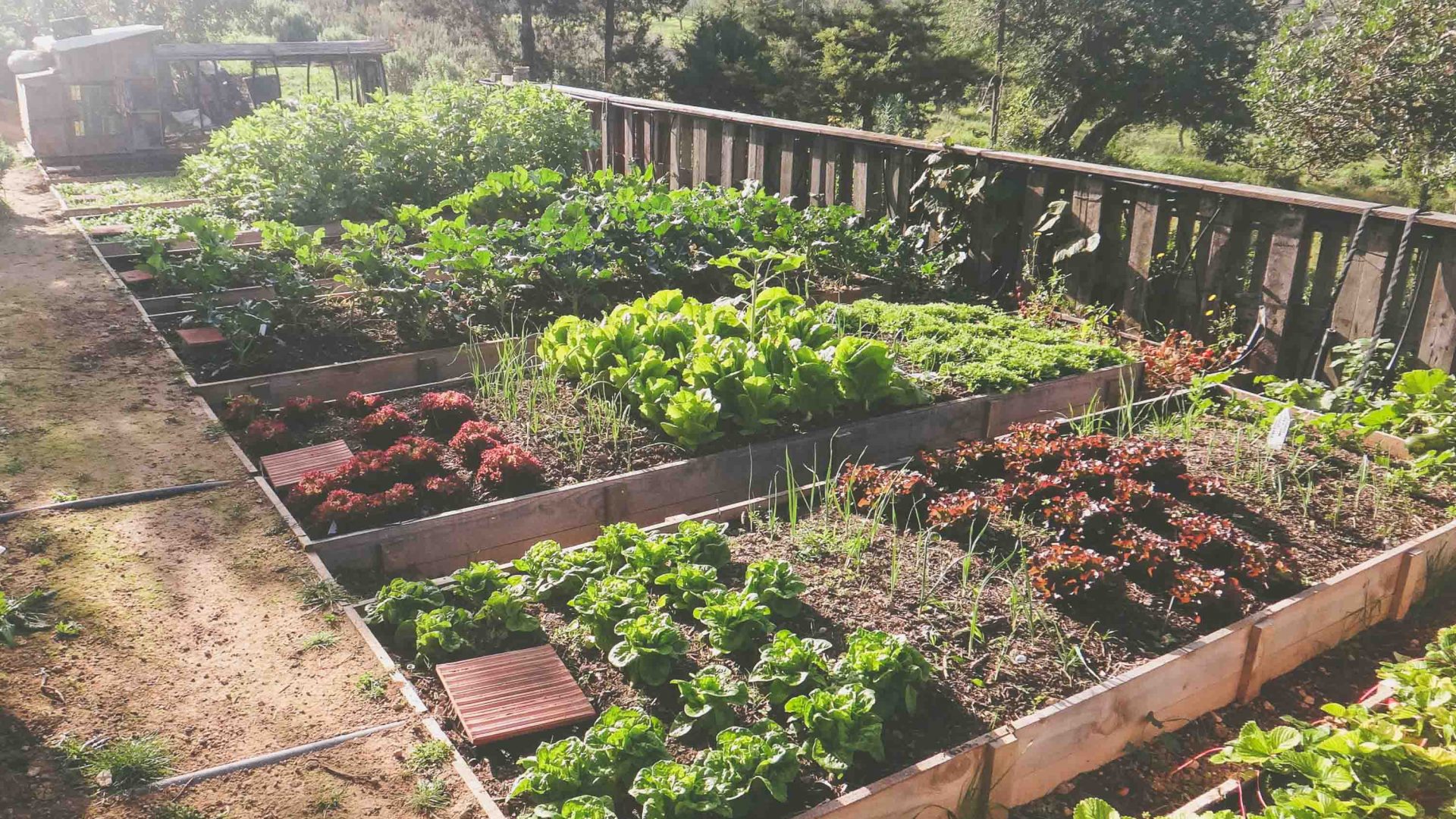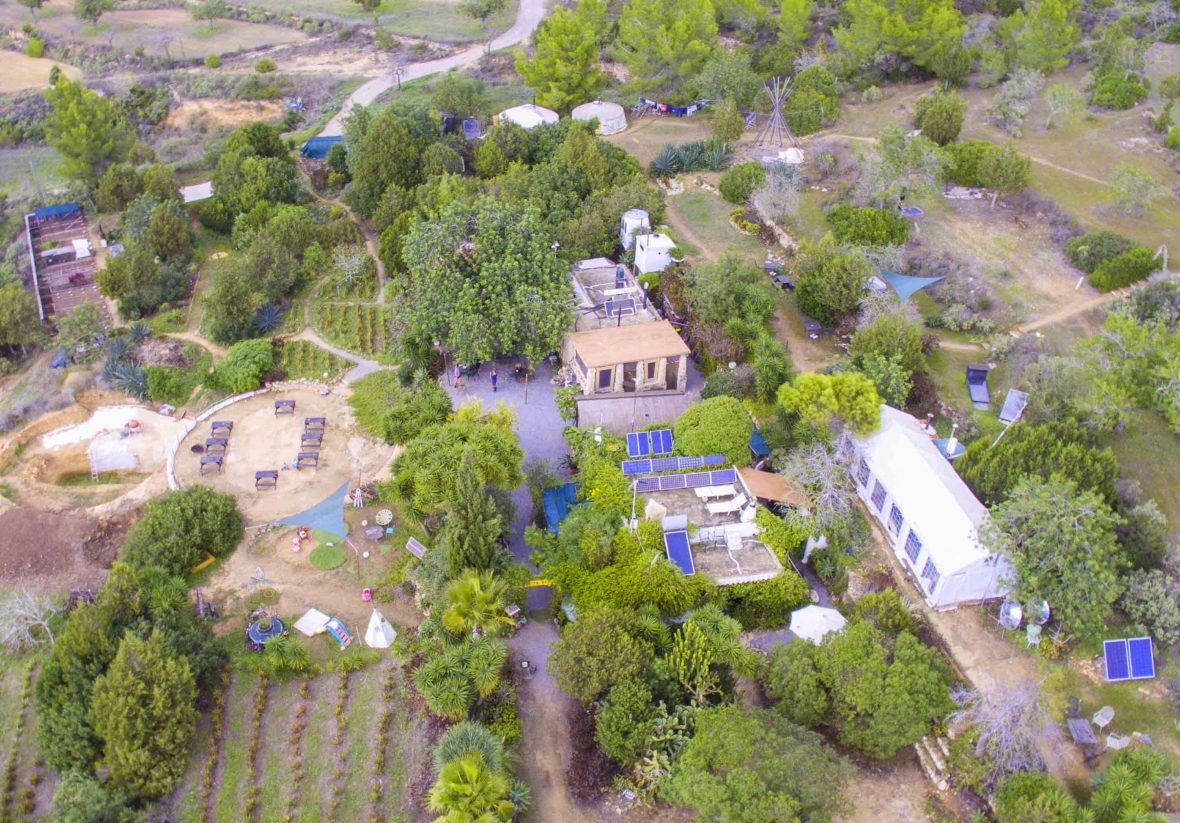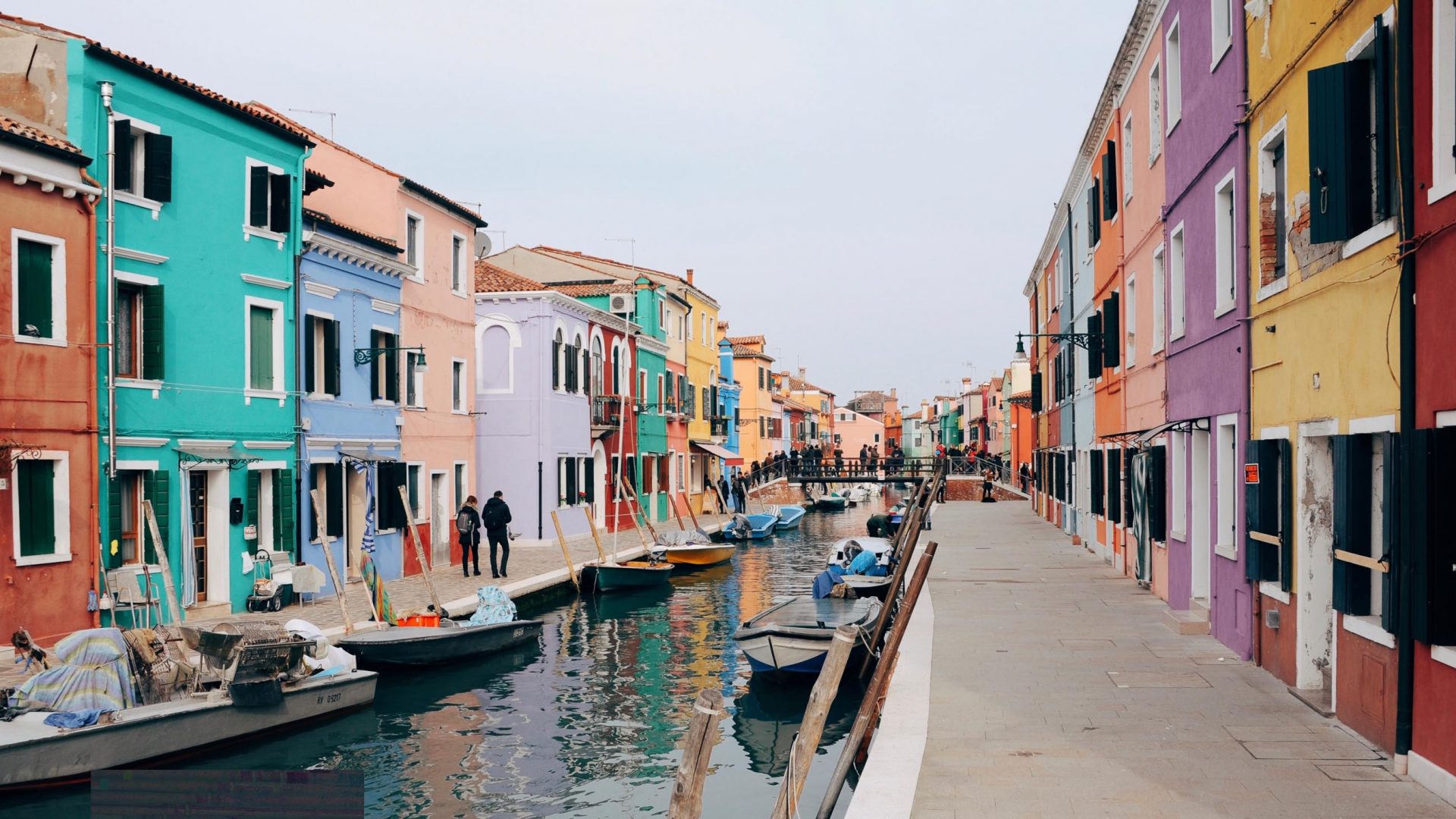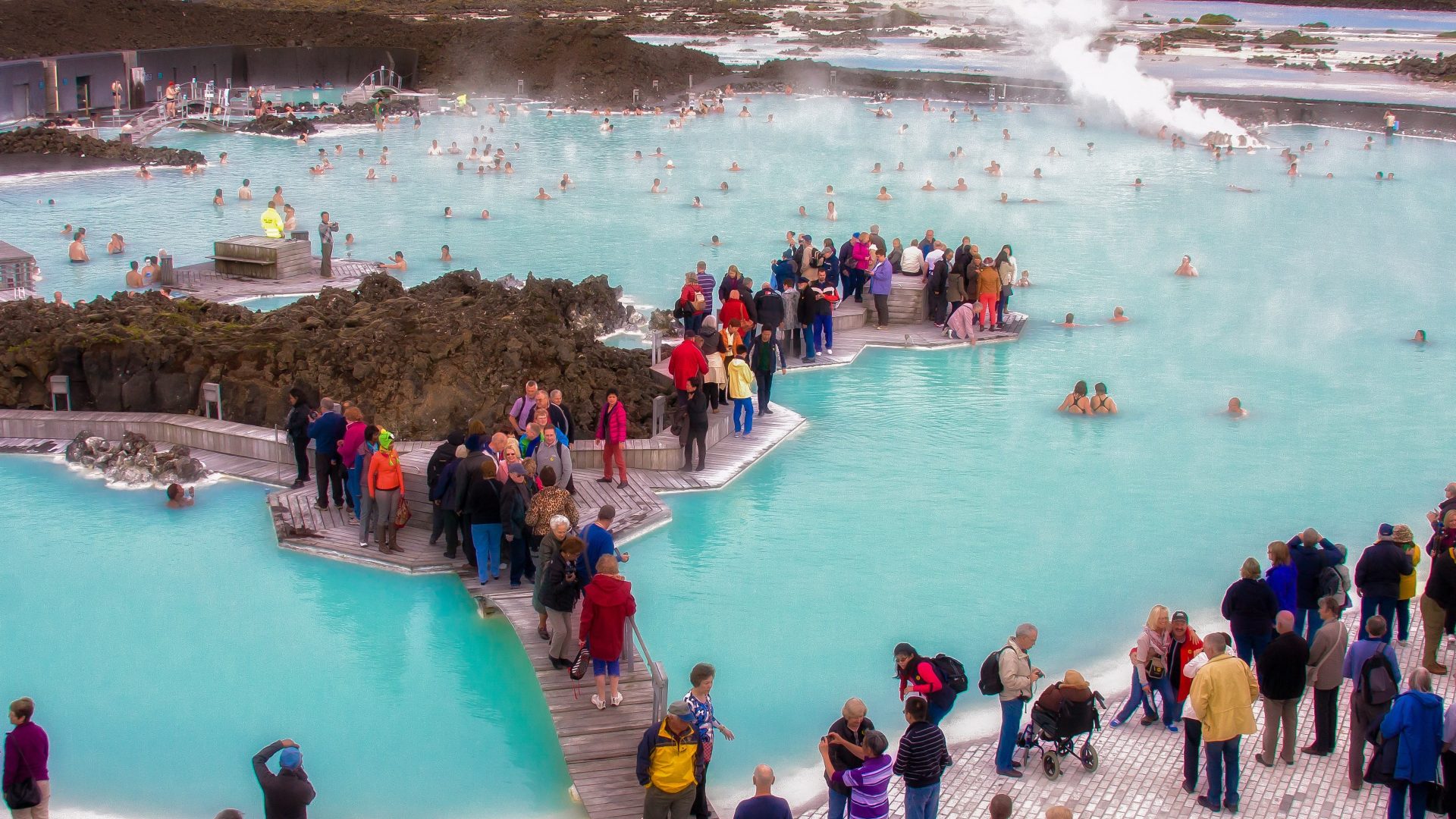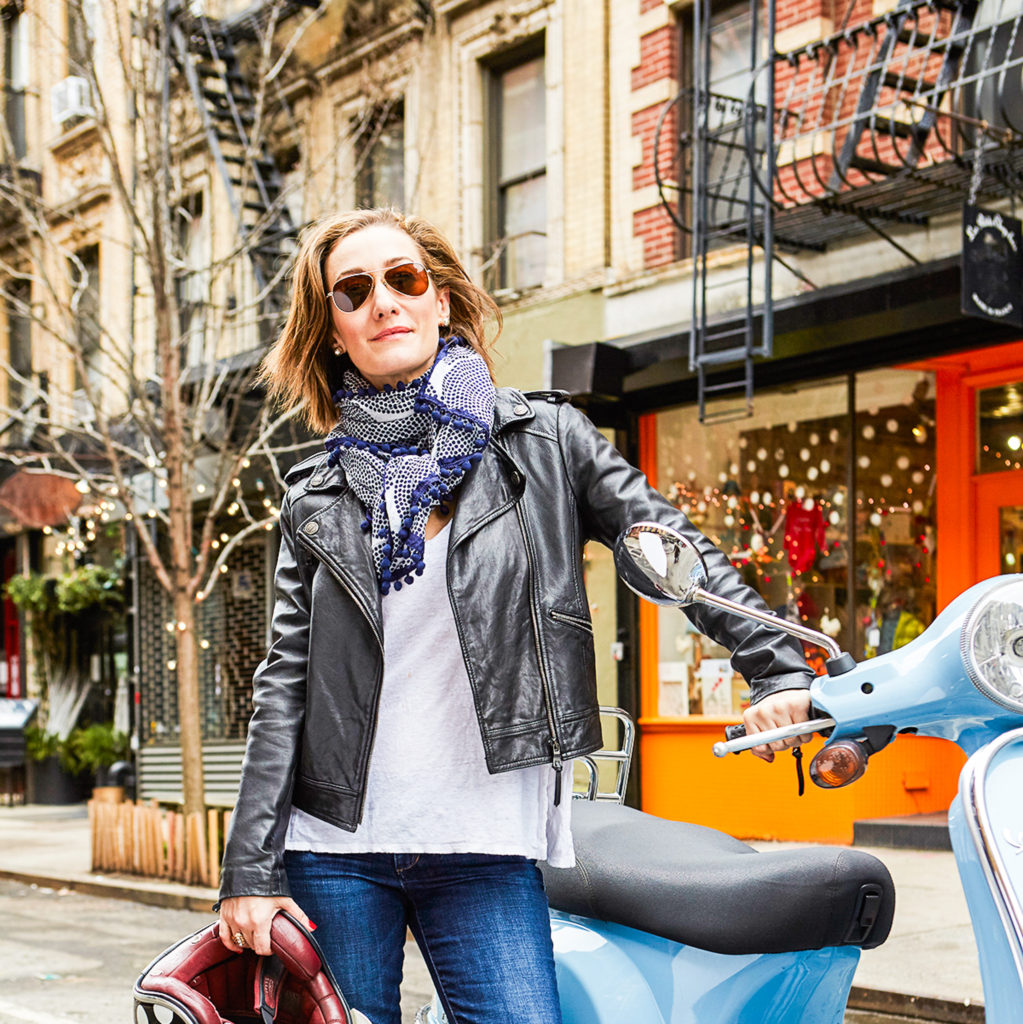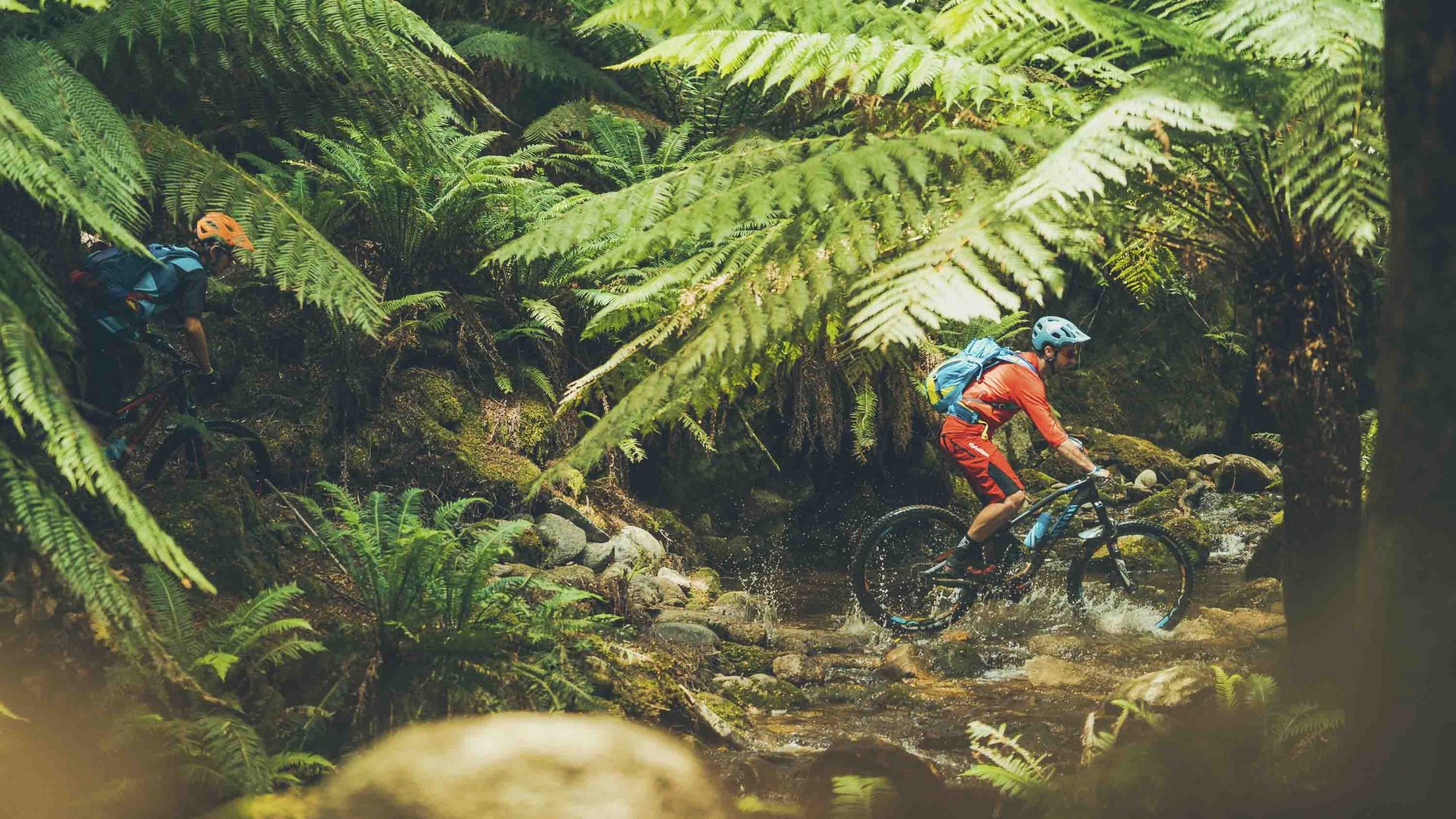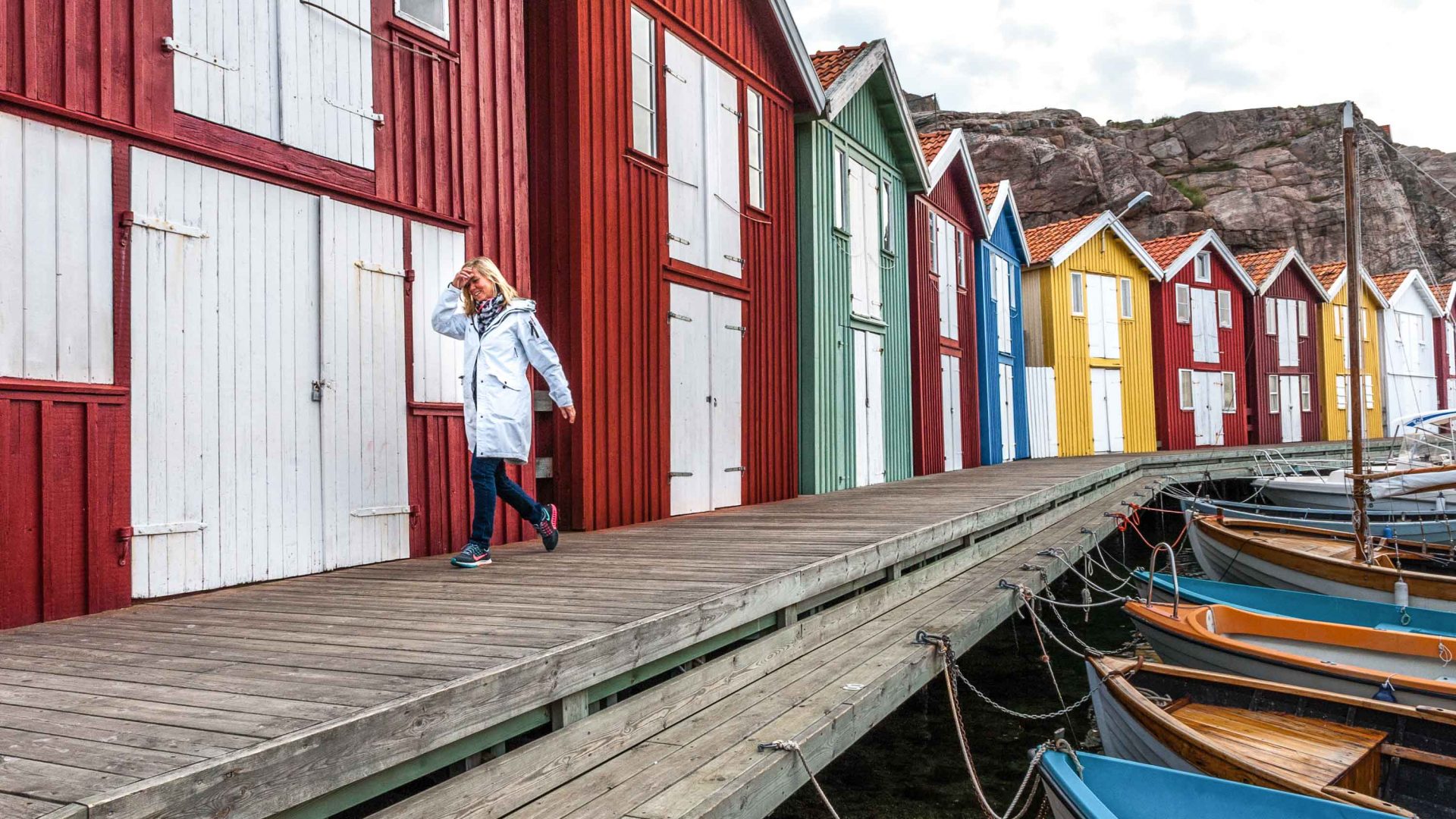In an age of overtourism and overconsumption, eco-minded Casita Verde is changing the tide in Ibiza. Allison Yates visits Chris Dews, the man who’s always been ahead of the curve when it comes to sustainable tourism on the party island.
The road to Casita Verde cuts through fields of carob trees and flat stone structures. It has two lanes, but feels like half of one. Another path bordered by pines and dried brush guides us to the yellow ‘Welcome’ sign. The green letters spelling ‘Casita Verde’ (‘little green house’ in Spanish) seem to wave as you saunter through a tunnel walkway of precisely placed palms, aloes and cacti—seemingly overgrown yet purposefully placed.
We’re on the Spanish island of Ibiza—or Eivissa, as it’s known in Eivssenc, the Catalan dialect of locals—the third largest of the Balearic Islands. You might know it as the pill-popping, yacht-hopping, dance-all-night electronic music hub. Just 150 kilometers off the coast from Valencia, Ibiza transformed throughout the 20th century from a traditional agrarian culture to one witnessing millions of thrill-seeking tourists each year.
But before recycling was cool and sustainable tourism became a buzzword, Casita Verde’s founder, a British expat named Chris Dews, had already re-imagined the island.
The structures are progressive in design but alternative in appearance. They’re a hodgepodge of unlikely, often outlandish materials that maintain a quintessential ‘Ibiza hippie look.’ Volunteers live in teepees, Mongolian-style yurts, treehouses and even a ‘bottle house’.
But, the unlikely materials mean “basically a load of rubbish,” says a half-joking Dews, later referring to them as maintenance-heavy as Scotland’s Forth Bridge , a 19th-century bridge on the outskirts of Edinburgh; an engineering feat so impressive it’s now a UNESCO World Heritage Site.
RELATED: Alternative Iceland away from the crowds
In full circular fashion, volunteers and visitors live off the land as much as possible, much like traditional local Ibicencos. A portable solar panel fuels an air conditioner, the massive rainwater tank up the hill is used to wash dishes, and visitors’ human waste becomes fertilizer. Dews uses the island’s most plentiful tree species to bake carob brownies and volunteers squeeze vegetables into blenders for juices.
Earlier this year, the Ibiza Tourist Board launched their ‘Love Ibiza’ awareness campaign with the slogan ‘Ibiza Loves You/Love Ibiza,’ which Vicent Torres Guasch, president of the Island Council and the Department of Tourism, says aims to promote a more respectful tourism.
This comes just after the Ibiza Tourism Council launched Ibiza es Wellness, a platform aiming to highlight year-round holistic health and wellness activities and eventually, make Ibiza an epicenter for this type of tourism.
These government-sponsored initiatives are joined by dozens of other grassroots efforts—and Dews seems to have a role in most. He has either started most of the associations, currently serves on the board of others and is in alliance with the rest. They range from political advocacy to island-wide special events planning, but Casita Verde continues to be a living, breathing demonstration of value. “Casita Verde does a great job on the local level, and doing the hands-on work,” comments Emma Meehan, the communications manager of the IPF.
Casita Verde hasn’t yet done everything Dews and his volunteers envision—Ibiza isn’t yet an island exclusively with electric cars, nor is it plastic-free—but speaking to him, it’s hard to doubt it will take much longer. “We can’t say we weren’t successful in moving the population in that direction,” he concedes.
Still, there’s much to be done. But for those who volunteer or visit, Dews wants to at least illuminate that “another way of living is possible and affordable.” Other Casita Verde centers are popping up. One is already open in Granada, Spain, and others are slated for Mexico and mainland Europe while sustainable living continues to grow as a worldwide movement.
In the eating area where visitors gather on a Sunday, there’s a sign propped against a tree. It reads ‘LOVE ME, I’M FAMOUS’—simultaneously urging respectful tourists and playing off ‘F*** Me I’m Famous’, David Guetta’s renowned Pacha parties.
If nothing else, Casita Verde might teach visitors to love the island. And one day, that love might turn into respect.
—-

